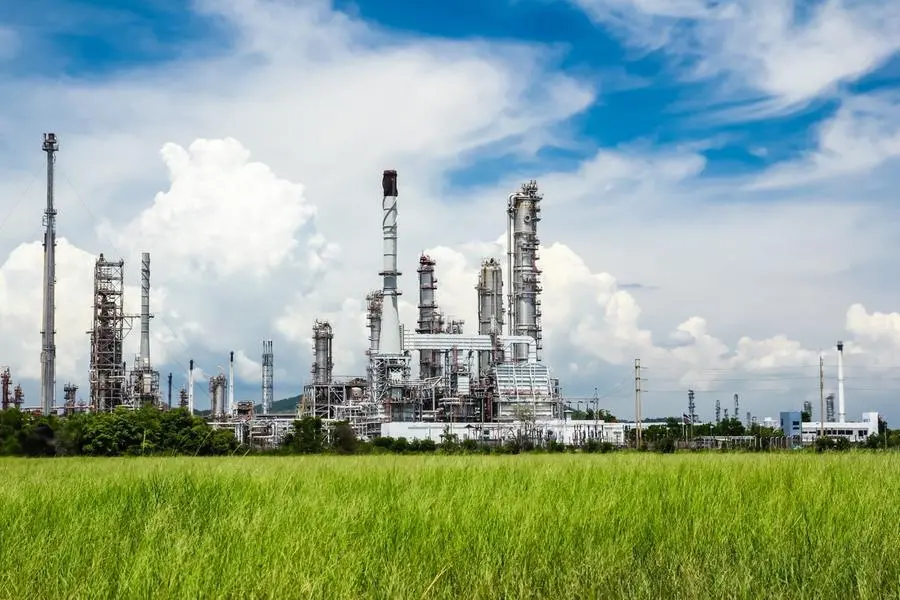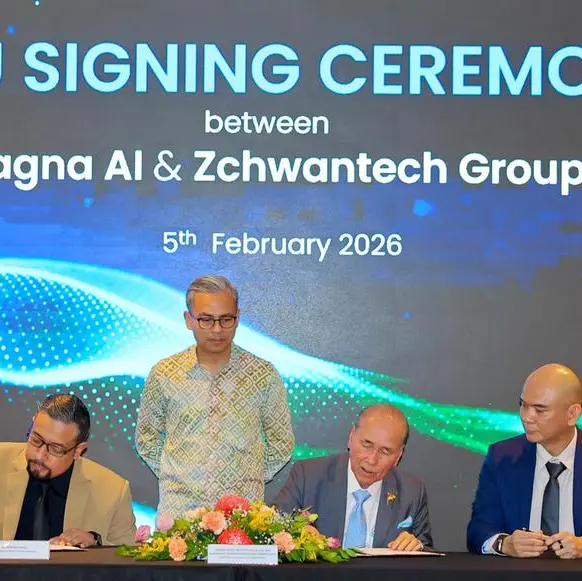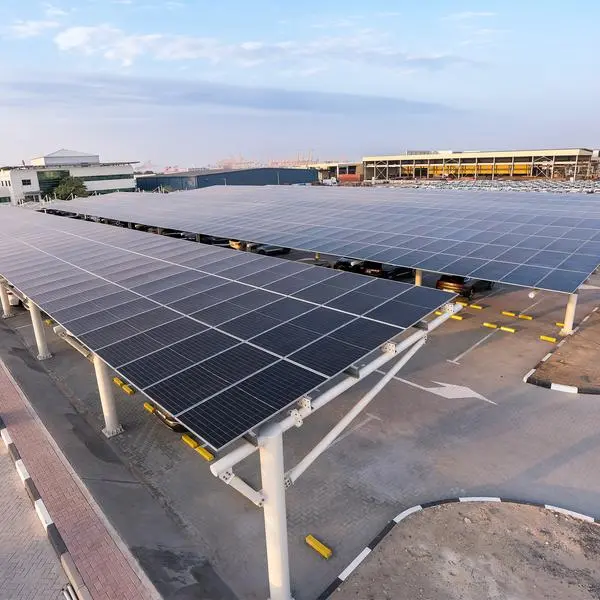PHOTO
DES PLAINES, Ill.: Honeywell today announced Honeywell Liquid Organic Hydrogen Carrier (LOHC), a solution that enables the long-distance transportation of clean hydrogen. This cost-effective solution can help meet the growing requirements for hydrogen use across various industries by leveraging existing refinery and transportation infrastructure.
While hydrogen is expected to play a critical role in reducing greenhouse gas emissions, at standard conditions, it is a flammable gas with low density and cannot be transported efficiently in a gaseous form. Current solutions for transport include liquified hydrogen and chemical carriers such as ammonia, which would require additional infrastructure to accommodate new volume. Honeywell UOP’s LOHC solution utilizes existing refining assets and infrastructure to create and transport the carrier.
In the Honeywell LOHC solution, hydrogen gas is combined, chemically through the Honeywell UOP Toluene Saturation Process into a convenient liquid carrier compatible with existing infrastructure. The carrier can then be transported in the same way as gasoline or similar hydrocarbons. Once at its destination, the hydrogen is recovered from the carrier using the Honeywell UOP Methylcyclohexane Dehydrogenation Process. Existing idle oil refining assets can be revamped to release the hydrogen from the liquid carrier for use in multiple commercial and industrial applications. The carrier used in the Honeywell LOHC solution is readily available and requires minimal makeup.
“With increased focus on companies reducing their carbon dioxide footprint and growing the hydrogen economy, Honeywell LOHC can offer a long-distance transport option that can kickstart hydrogen ecosystems,” said Bryan Glover, President, Honeywell UOP. “Our LOHC solution can aid in the energy transition because it utilizes existing refining assets and offers comprehensive solutions across the hydrogen value chain. From production and conversion, transmission, and storage, to distribution and use, our ready-now solution can be used to make operations safer, more efficient, and more reliable.”
LOHC is part of Honeywell’s Green Hydrogen program. The program leverages decades of research and development and experience in developing and manufacturing market-leading membranes and catalysts for gas processing, refining, steel, and petrochemical industries, as well as the experience in the most recent development of novel membranes for battery and power applications.
Honeywell recently committed to achieve carbon neutrality in its operations and facilities by 2035. This commitment builds on the company's track record of sharply reducing the greenhouse gas intensity of its operations and facilities as well as its decades-long history of innovation to help customers meet their environmental and social goals. About half of Honeywell's new product introduction research and development investment is directed toward products that improve environmental and social outcomes for customers.
Honeywell (www.honeywell.com) is a Fortune 100 technology company that delivers industry-specific solutions that include aerospace products and services; control technologies for buildings and industry; and performance materials globally. Our technologies help aircraft, buildings, manufacturing plants, supply chains, and workers become more connected to make our world smarter, safer, and more sustainable. For more news and information on Honeywell, please visit www.honeywell.com/newsroom.
-Ends-




















